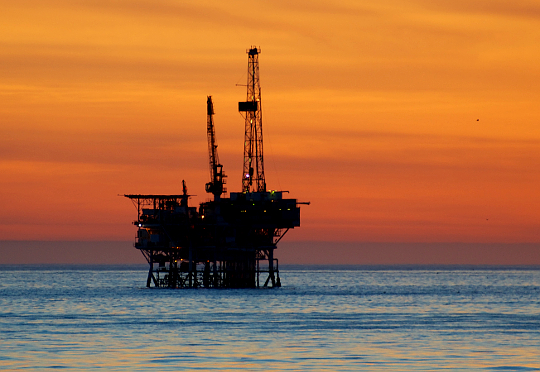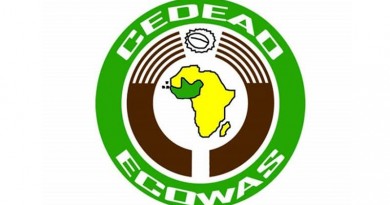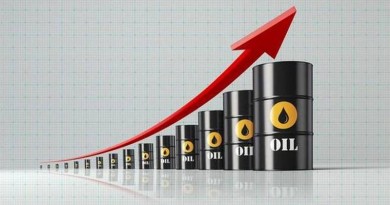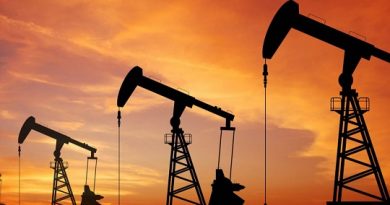Nigeria Issues Call for increased investment in upstream activities
Nigeria is strategically positioned with an estimated 203 trillion cubic feet of natural gas, aiming to capitalize on its gas reserves and emerge as a prominent LNG exporter on the global stage. The Nigeria LNG Train 7 expansion, a significant project valued at $5 billion, is anticipated to enhance processing capacity by 35%, elevating annual production from 22 million tonnes to 30 million tonnes. This surge in output will facilitate increased gas exports to high-demand markets such as Europe, where Nigeria dispatched 9.4 billion cubic meters of LNG in 2023. However, to expedite export activities, substantial investments in deepwater gas initiatives and infrastructure enhancements are imperative. The forthcoming Invest in African Energy 2024 forum, scheduled to be held in Paris on May 14-15, will spotlight investment prospects in Nigerian and African deepwater exploration, gas commercialization, and midstream infrastructure, marking a pivotal juncture in the continent’s progress.
IOCs Increase Investment in Offshore Operations
Nigeria recently called for increased investment in upstream activities, particularly focusing on deep offshore projects. In response, major oil company Shell has committed to intensifying its investments in deepwater operations, with plans to allocate $1 billion towards developing Nigeria’s gas resources over the next ten years. Shell’s key initiatives involve extending the operational lifespan of the Bonga FPSO vessel, advancing projects in Bonga North, Bonga South-West, and Nnwa Doro fields, as well as progressing various upcoming ventures scheduled for different timelines.
TotalEnergies commenced production at the Akpo West field offshore Nigeria at the beginning of this month, increasing condensate production by 14,000 barrels per day. By 2028, an additional 4 million cubic meters of gas per day will be added. Chevron is also enhancing its investments in Nigeria’s deepwater sector, with future activities including seismic data acquisition in various deepwater blocks and the expansion of the Agbami field project.
The American multinational recently acquired a stake in offshore OPL 215, alongside TotalEnergies, and extended three deepwater licenses for 20 years. As IOCs increase their focus on exploration and development, this presents opportunities for offshore drilling contractors, service providers, and national companies to actively participate in Nigeria’s deepwater sector.
Gas Infrastructure Development Crucial
Nigeria is prioritizing gas monetization to reduce gas flaring, which reached 275 million cubic feet per day in 2023. The flared gas has the potential to generate 1.125 GW of power, highlighting significant opportunities in gas-to-power infrastructure. Additionally, the Nigerian Upstream Petroleum Regulatory Commission has allocated 48 flaring gas sites for commercialization to expand the domestic gas market and reduce emissions from upstream activities.
With gas production expected to hit 12.2 billion cubic feet per day by 2030, major pipeline projects like the Nigeria-Morocco pipeline and Ajaokuta-Kaduna-Kano (AKK) pipeline are driving this growth. The Nigeria-Morocco pipeline, capable of delivering 3 billion cubic feet per day, will connect 13 West African countries and provide access to the European market. The AKK pipeline, set to transport 2 billion cubic feet of gas per day from southern to central Nigeria, aims to boost power generation, industrialization, and job creation, with completion expected by mid-2024.
Energy Capital & Power is organizing IAE 2024 (https://apo-opa.co/3UMOOtQ), an exclusive forum facilitating investment between African energy markets and global investors. Taking place from May 14-15, 2024 in Paris, France, the event offers delegates two days of engagement with industry experts, project developers, investors and policymakers. For details visit www.Invest-Africa-Energy.com.




